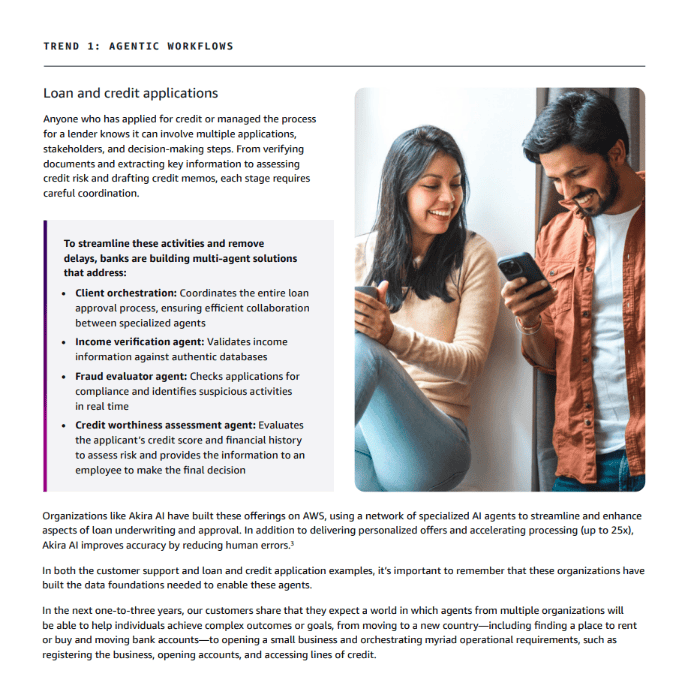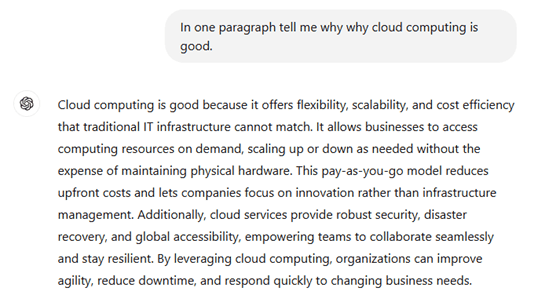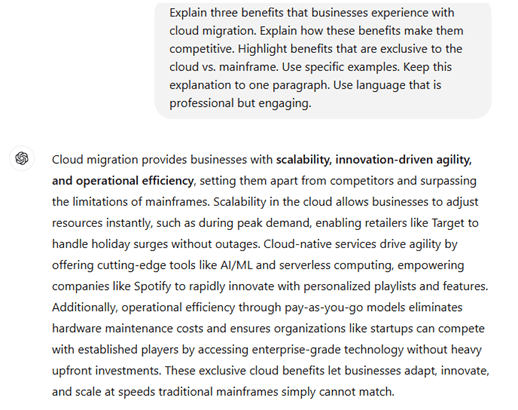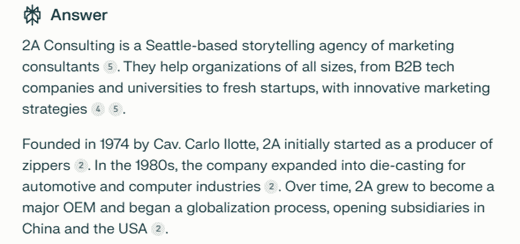
Image by Julianne Medenblik
Let’s face it: Keeping your sales team aligned is crucial as your organization grows. That’s because there’s a lot going on. Your product is gaining new capabilities, the company is launching new tools, strategies pivot, and in the meantime, your sales folks are gathering valuable customer insights that should be shared with everyone.
After a product launches and you share all the standard sales enablement tools (product pitch deck, battlecard, datasheet, conversation guide, etc.), you need to keep momentum going and keep your product top of mind. Sales teams are typically juggling multiple offerings and priorities, so maintaining visibility for your solution requires ongoing efforts beyond the initial rollout.
If your team isn’t up to date on product changes and aligned on messaging, you’ll likely see decreased sales and confusing communication with customers.
We love these three ways for keeping everyone on the same page: newsletters, webinars, and demos. Each has its own perks and required effort.
When sharing info with your sales team, focus on:
- What they need to know to sell effectively (benefits, differentiators)
- New resources they can use (pitch decks, email templates, scripts)
- New selling opportunities (market fit, industries, target personas)
Newsletters keep your sellers in the know
Newsletters can help you meet a variety of objectives such as finding new leads, sharing successful sales strategies through customer wins, and updating sellers on the latest product enhancements, features, and sales tools.
Win wires are great for sharing internal deal info and building momentum. They help your team discover new use cases and include details about co-selling and upselling strategies.
For quarterly or monthly newsletters, stick to a template. Consistency matters! At 2A, we build templates for our clients that make structuring and producing content easier.
Include metrics on who’s buying what, product updates, and selling tips. Our internal newsletter at 2A (called Cloud cover) includes new leads shared through our Teams channel. For the external version, we remove the leads section before sharing our research with customers.
Pro tip: Ask your sales team to contribute before publishing—they usually have gold nuggets to share.
Webinars offer a deep dive with experts
Want something more interactive? Webinars with Q&A sessions are perfect for discussing product changes. They’re essential for new sellers and ideal before big launches or when addressing company issues affecting sales.
One of our clients runs webinars with partners to explain program changes and answer questions. You can pre-record, edit, and then “air” it with a Q&A. (We like using Riverside for editing.) These recordings can be chopped into bite-sized clips to share in Slack or Teams, or at sales meetings as mini refreshers.
If you go with live webinars, record them for on-demand viewing later. To boost attendance, schedule two to three sessions so people can join when it fits their schedule.
Pro tip: Ask for questions beforehand to tailor your content to what people actually want to know.
Demos make product features make sense
Nothing helps sellers understand value props faster than seeing a product in action. Demos are perfect for visualizing new features and provide deeper understanding than newsletters or webinars.
Keep demos pre-recorded and brief—under a minute is ideal. Avoid silent demos (recordings without any explanation). Instead, include context with voiceovers or on-screen text.
Pro tip: For a budget-friendly approach, use AI voice software (we use Murph AI), which can even be translated into different languages.
Looking to create internal resources for your sales team? We produce these three assets, as well as playbooks, pitch decks, and more. Contact us for a consultation.






















